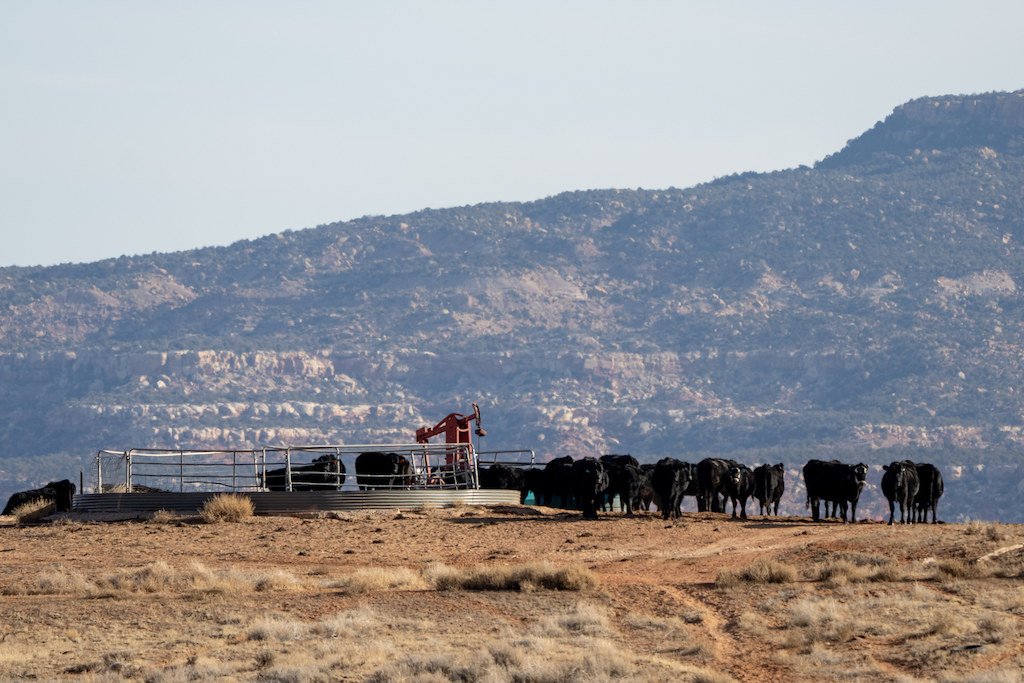Business
Revived Push to Sell Public Lands Gains Momentum Under Trump

Public advocacy intensified following a U.S. House committee’s recent approval of an amendment to sell over half a million acres of public land. Lawmakers promptly moved forward with a broader bill containing President Trump’s priorities but omitted the controversial federal land provision. However, both supporters and opponents anticipate further conflict regarding the fate of federal lands.
Conservatives in Western states, notably Arizona, have long argued that federal control over land hampers regional development. With a sympathetic Trump administration in power, these advocates see a renewed opportunity for change. Arizona Senator Mark Finchem introduced a resolution encouraging the transfer of federally-owned land to state or private sectors for enhanced economic management.
As this debate unfolds, public land advocates brace for new initiatives aimed at transferring lands to state entities and private developers. “The threat level is red alert,” warned Randi Spivak, public lands policy director with the Center for Biological Diversity. Many states, she noted, are poised for aggressive action now that their long-standing desires to privatize may come to fruition.
In various Western states, public lands are cherished as vital heritage sites for wildlife and recreation. Contrastingly, some state leaders view significant portions of federally controlled land as an impediment to their economic growth. They argue it limits development potential and reduces local governance.
Trump administration officials have taken a stance in favor of privatization. Interior Secretary Doug Burgum referred to federal lands as part of America’s “balance sheet,” calling for their evaluation as potential economic assets. This push aligns with proposals to generate revenue through land sales to fund tax cuts or investment initiatives.
For state leaders, the current federal focus on liquidating public lands coincides with ongoing efforts to diminish federal ownership. “It’s an opportunity to say, ‘Hey, turn it over to the state,’” noted Utah House Speaker Mike Schultz. Efforts in Utah to reclaim control of substantial federal territories have faced hurdles, including a rejected legal challenge to take over over 18 million acres.
Proponents of land transfer include some lawmakers from Wyoming, Idaho, and Nevada, who argue the need for local control to address pressing community development needs. However, supporters of public lands, including prominent Republican figures, caution against hasty decisions. John Leshy, former U.S. Department of the Interior solicitor, asserted that attempts to sell federal lands often evoke significant public backlash due to changing sentiments about land ownership.
The latest controversial amendment proposed by two congressional Republicans aimed to sell land in Nevada and Utah to local governments for development. Proponents claimed it would finance tax cuts and alleviate housing shortages. However, critics argued it undermined collaborative governance efforts and lacked necessary conservation safeguards.
In places like Nevada and Utah, leaders cite a chronic housing crisis exacerbated by federal land management. City officials in Fernley, Nevada, emphasized that local control could streamline development, allowing for the construction of essential infrastructure. Yet, opposition has surfaced from environmental and public interest groups, which assert that such amendments pose risks to public lands.
Local leaders in Utah echoed similar concerns, with Washington County officials seeking federal cooperation to manage growing populations. Some criticized the amendment as lacking transparency regarding future land use, fueling fears about potential commercial exploitation.
As discussions regarding management transfer evolve, Arizona lawmakers are considering the establishment of a state Department of Land Management, although critics question the feasibility of state-level land stewardship. Advocates fear that relying on state management might lead to more land sales, compromising public interests.
Debates surrounding federal land ownership are far from over. While proposals to privatize persist, public opinion remains a crucial determinant in the ongoing struggle over America’s public lands.


















